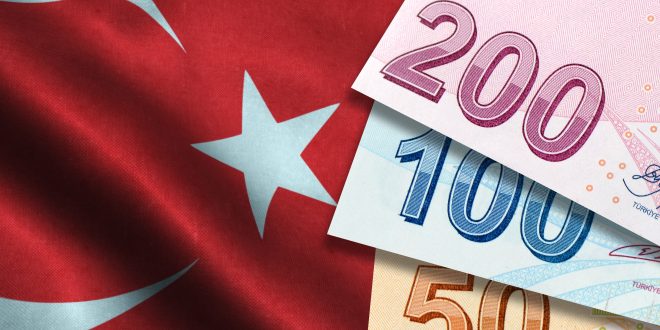Turkey’s central bank recently made a significant policy shift, cutting its key interest rate by 2.5 percentage points to 47.5%. This marks the first rate cut in nearly two years, a move that has raised eyebrows among economists given the country’s ongoing struggle with high inflation. The bank’s decision was largely attributed to a perceived slowdown in the overall inflation trend. While inflation remains stubbornly high at 47%, it has declined from its peak of 85% in late 2022. The bank cited declining domestic demand as a contributing factor to this inflationary slowdown.
However, independent economists argue that the official inflation figures may not accurately reflect the true extent of price increases experienced by ordinary Turks. The high cost of living continues to severely impact households, making it increasingly difficult to afford basic necessities.
This rate cut represents a departure from the recent period of aggressive interest rate hikes. Following the appointment of a new economic team, the central bank embarked on a rapid tightening cycle, increasing rates from 8.5% to 50% between May 2023 and March 2024. This sharp increase aimed to curb inflation, which had soared under President Erdoğan’s unorthodox economic policies.
Erdoğan’s previous insistence on low interest rates, despite their inflationary consequences, led to significant economic instability. This unorthodox approach, contrary to conventional economic theory, ultimately proved unsustainable.
The current rate cut, while seemingly justified by recent inflation trends, carries inherent risks. Lowering interest rates while inflation remains elevated could reignite inflationary pressures and undermine the central bank’s credibility.
The success of this policy shift will depend on several factors, including the continued moderation of inflation, the strength of economic growth, and the stability of the Turkish Lira. The central bank must carefully monitor these factors and remain prepared to adjust its policy stance as needed. The path ahead for the Turkish economy remains uncertain. While the recent rate cut may offer some short-term economic relief, the long-term success of the country’s economic recovery hinges on a sustainable and balanced approach to monetary policy.

 Noor Trends News, Technical Analysis, Educational Tools and Recommendations
Noor Trends News, Technical Analysis, Educational Tools and Recommendations




